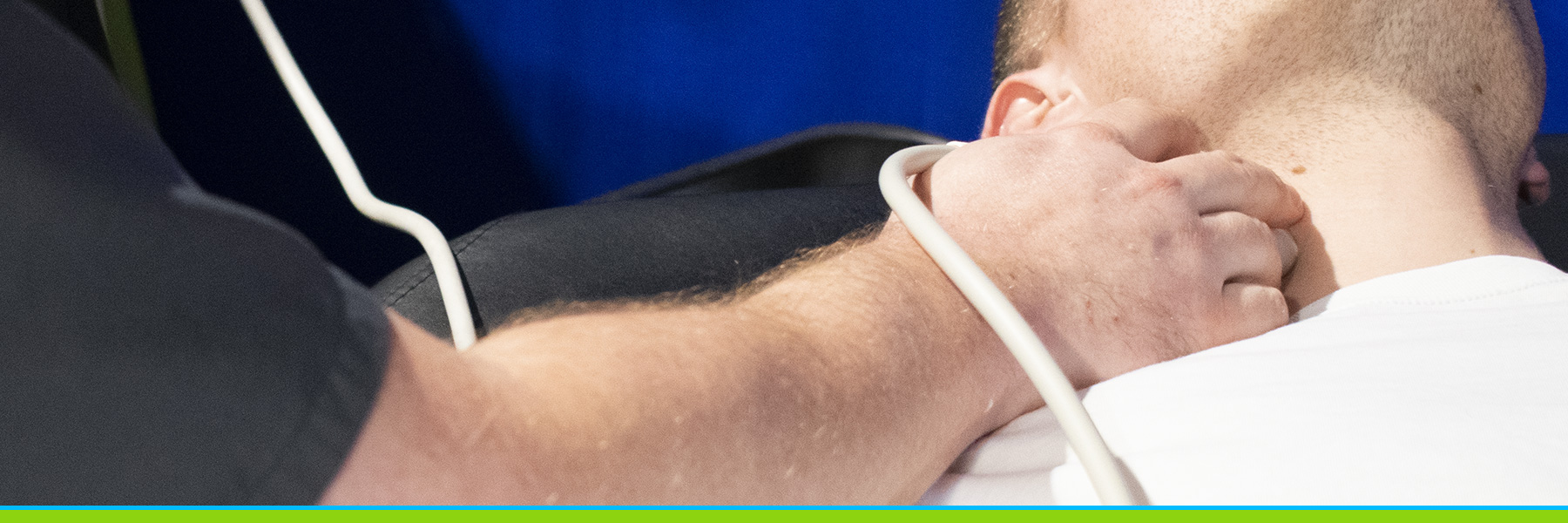
![]()
The thyroid screening is painless and non-invasive. It is conducted on the participant's neck as the participant lays on their back while the technician uses an ultrasound to view and take measurements of your thyroid. The technician will take images and make notes of any lesions viewed.
Several conditions can cause nodules to develop in your thyroid gland, including:
Most thyroid nodules don't cause signs or symptoms. But occasionally some nodules become so large that they can:
In some cases, thyroid nodules produce additional thyroxine, a hormone secreted by your thyroid gland. The extra thyroxine can cause symptoms of an overproduction of thyroid hormones (hyperthyroidism), such as:
Only a small number of thyroid nodules are cancerous. But determining which nodules are cancerous can't be done by evaluating your symptoms alone. Most cancerous thyroid nodules are slow growing and may be small when your doctor discovers them.
Only a small number of thyroid nodules are cancerous. But determining which nodules are cancerous can't be done by evaluating your symptoms alone. Most cancerous thyroid nodules are slow growing and may be small when your doctor discovers them.
Although most thyroid nodules are noncancerous and don't cause problems, ask your doctor to evaluate any unusual swelling in your neck, especially if you have trouble breathing or swallowing. It's important to evaluate the possibility of cancer.
Seek medical care if you develop signs and symptoms of hyperthyroidism, such as:
Also see your doctor if you have signs and symptoms that may mean your thyroid gland isn't making enough thyroid hormone (hypothyroidism), which include: